A longstanding debate in philosophy focuses on the existence of free will. Do humans have some inherent moral agency, or are our brains just biological machines, subject to the same physical determinism as any other animal? Modern neuroscience can provide some insight to these questions, such as Benjamin Libet's famous 1986 experiments that correlate the EEG readiness potential (RP) with a subconscious decision to perform a voluntary action. In summary, before a subject performs a simple voluntary action (e.g. "Flex your wrist whenever you feel like it"), the secondary motor area generates a characteristic EEG potential over 300 milliseconds before the subject becomes aware that they are going to perform the action. If the brain had already been preparing to perform the action for nearly half a second before the individual consciously "decides" to perform the action, did the individual actually... decide? Since the paper was published, dozens of philosophers and scientists have attacked the paper's methods, arguing that the claims made by Libet are overstretched and that the RP carries very little weight in the free will discussion. In the true spirit of open science, anyone should be able to recreate this experiment, both improving the quality of this debate with additional data, as well as furthering the general public's understanding of neuroscience.
My project aims to allow the DIY community to participate in the discussion by recreating Libet's experiment using just an Arduino and a simple open source shield.
 Patrick Glover
Patrick Glover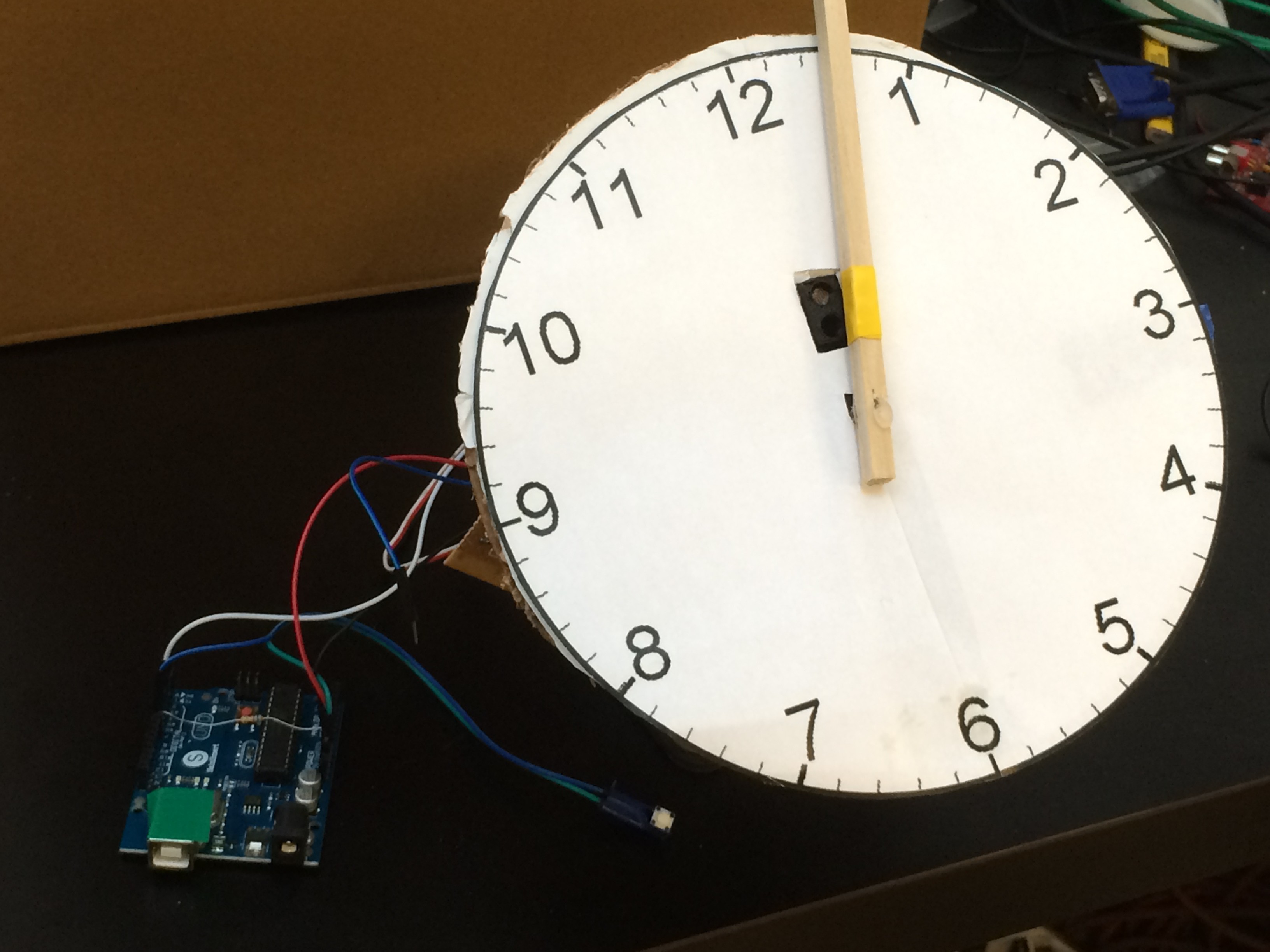
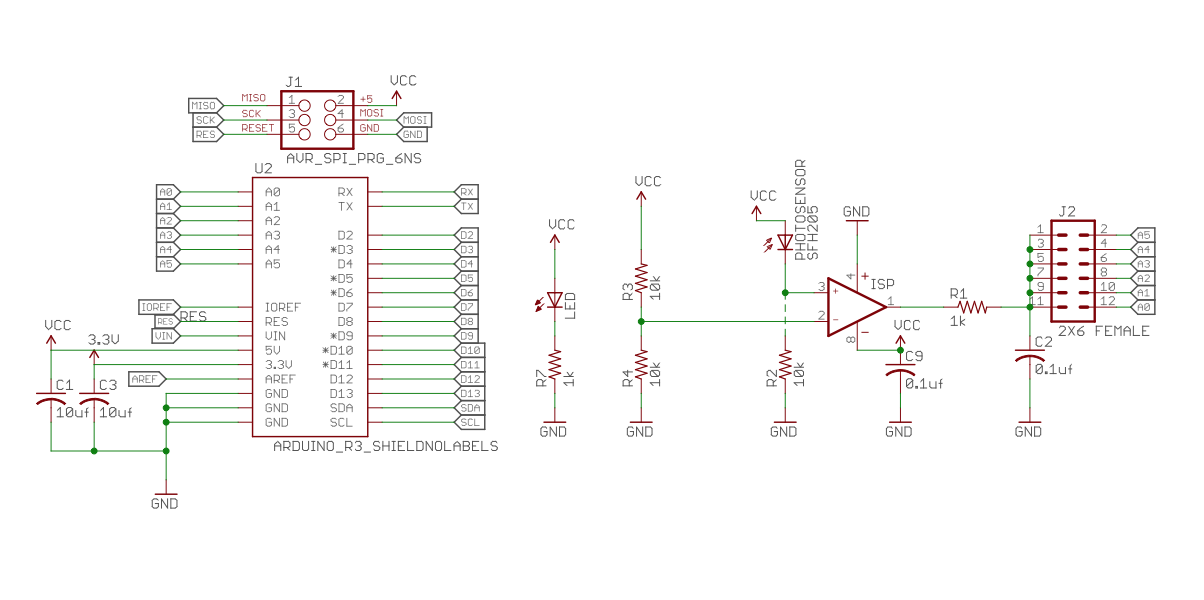 Modifying the MATLAB code to detect the clock passing the 12:00 position was dead simple. The only inconvenient part of this new workflow is the researcher must manually write down all of the integer times reported (1-12) for each wrist flex and enter them one by one during the analysis. I'll work on streamlining it.
Modifying the MATLAB code to detect the clock passing the 12:00 position was dead simple. The only inconvenient part of this new workflow is the researcher must manually write down all of the integer times reported (1-12) for each wrist flex and enter them one by one during the analysis. I'll work on streamlining it.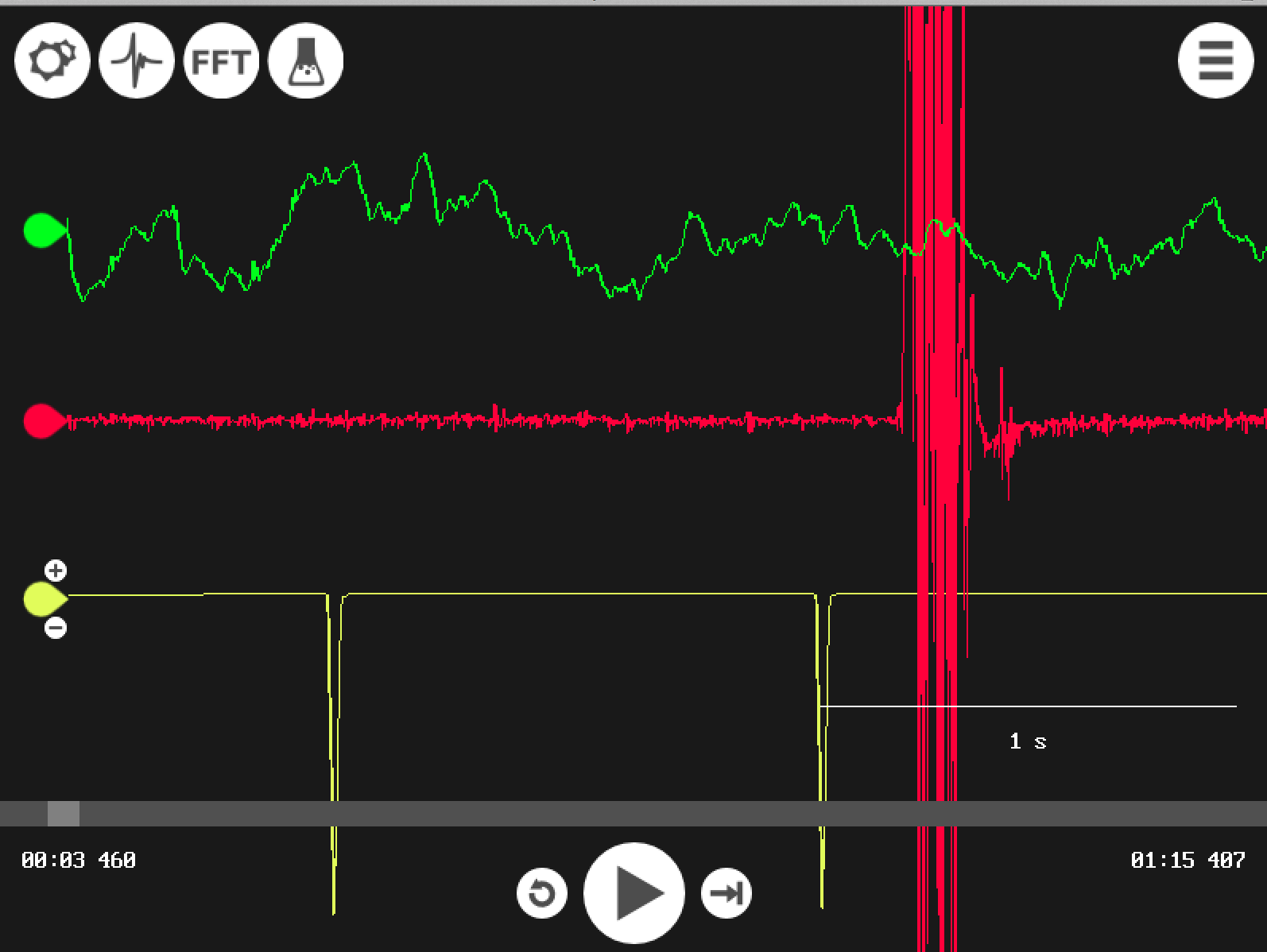
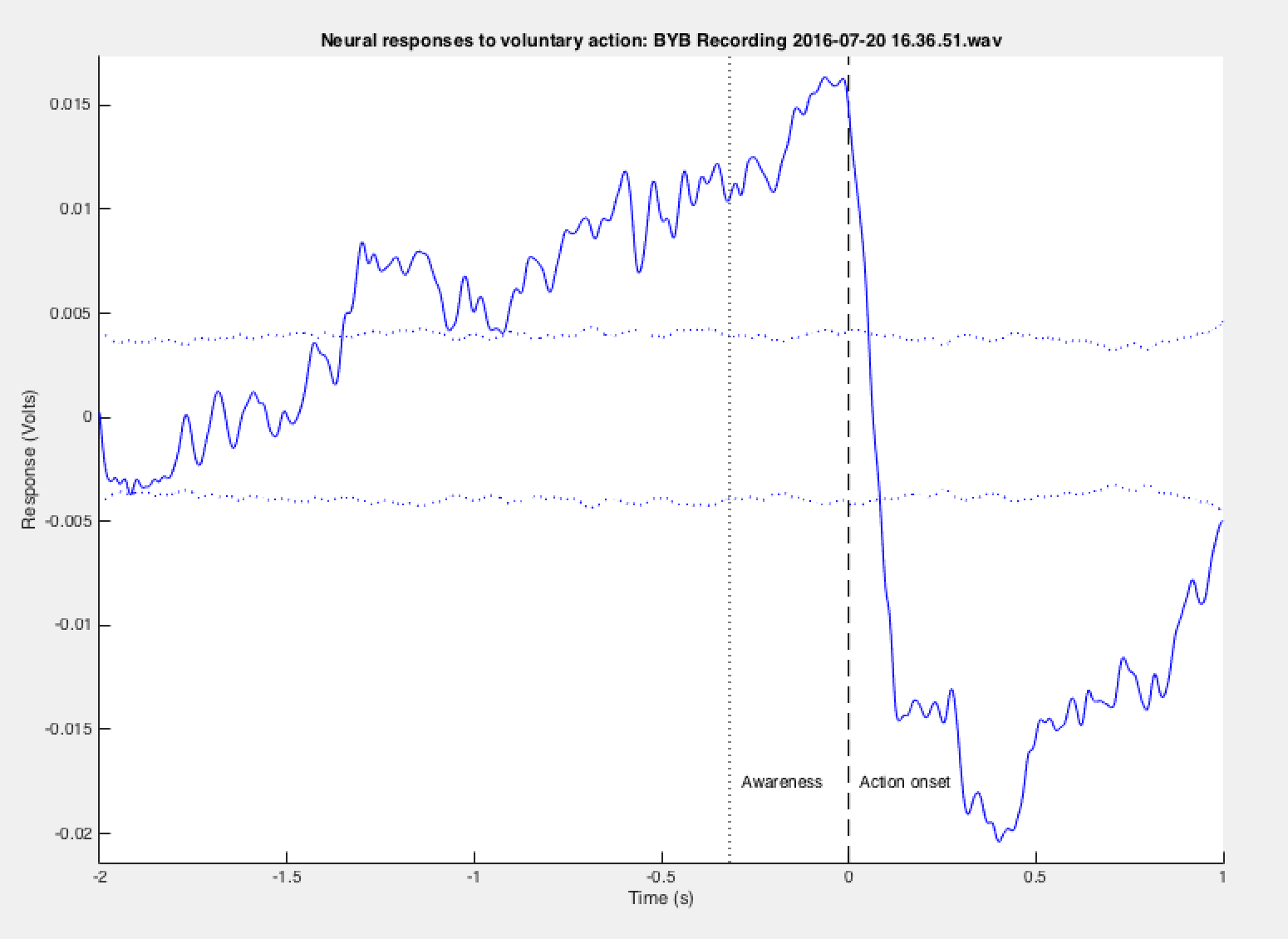
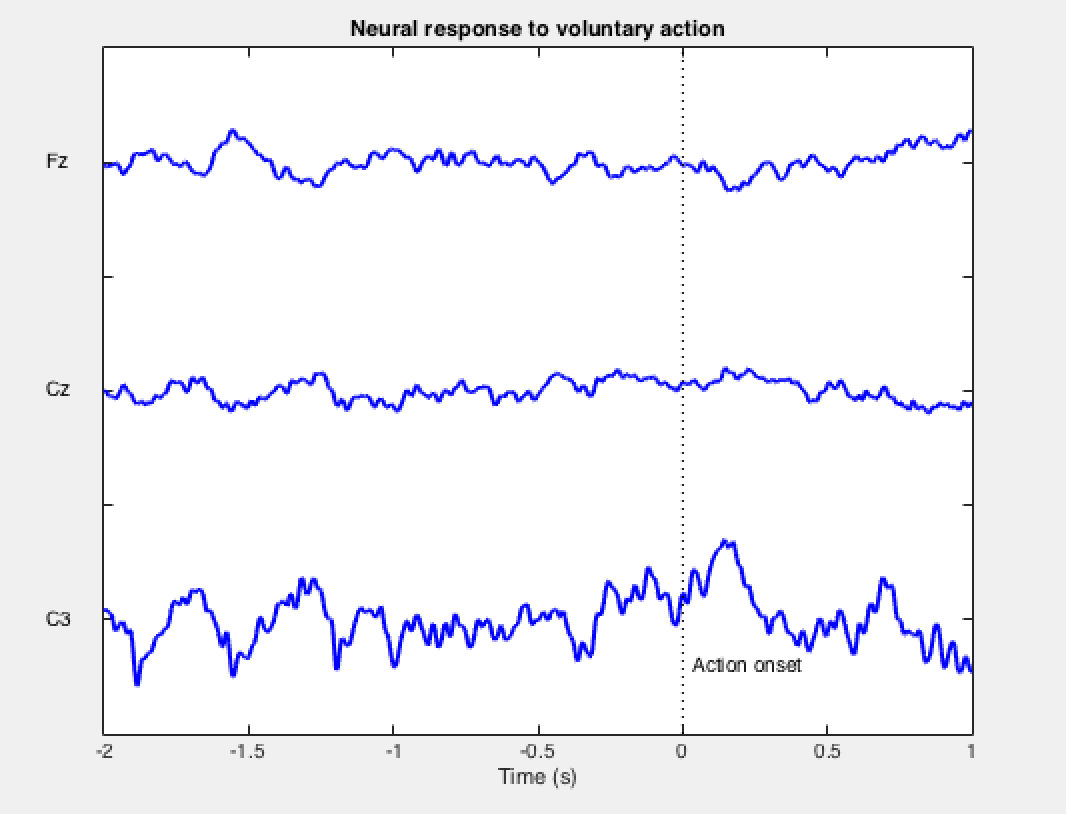
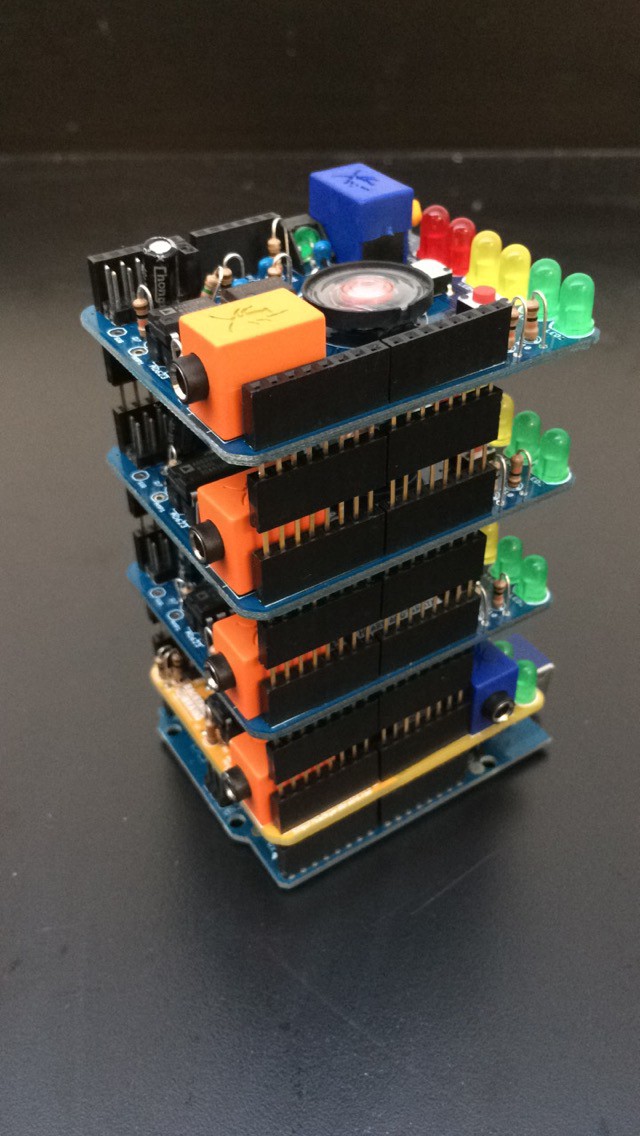
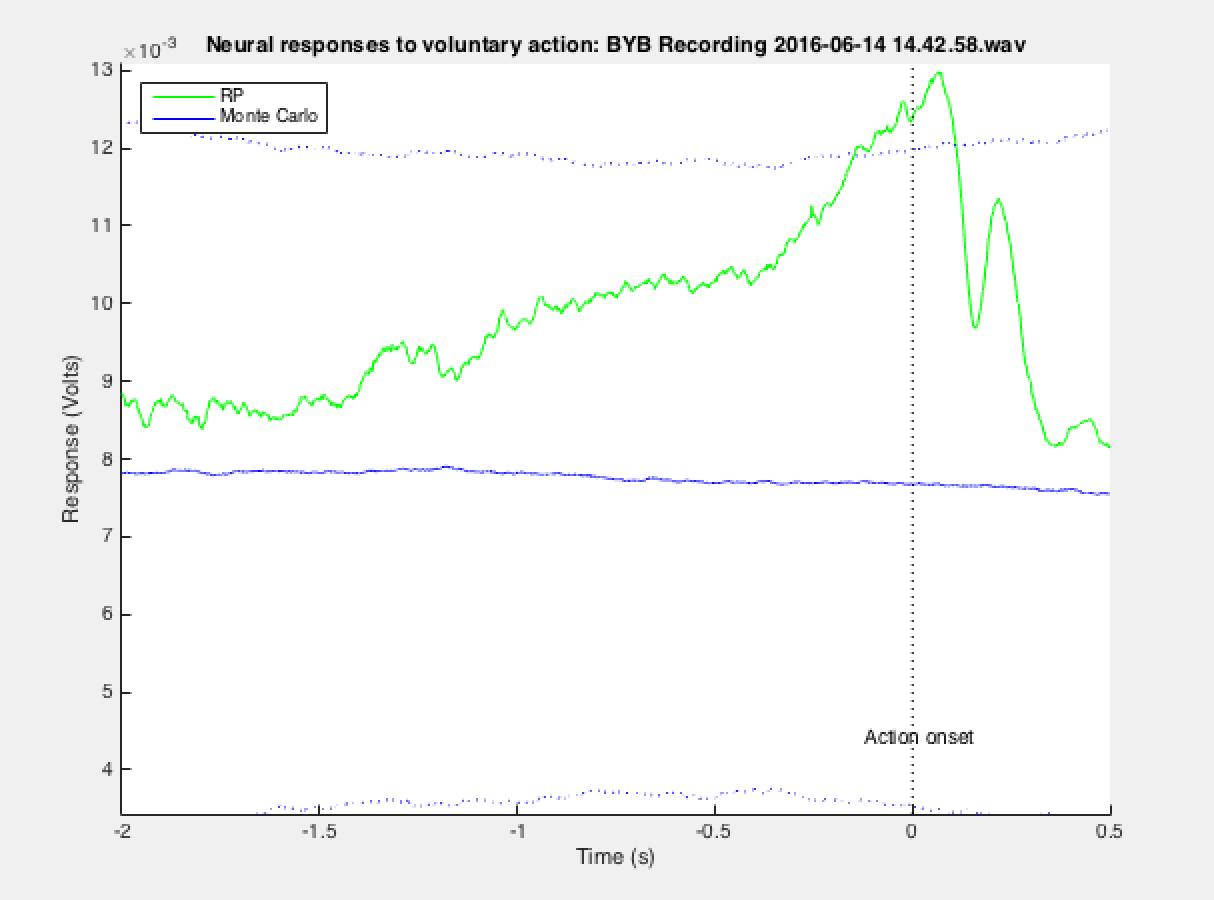
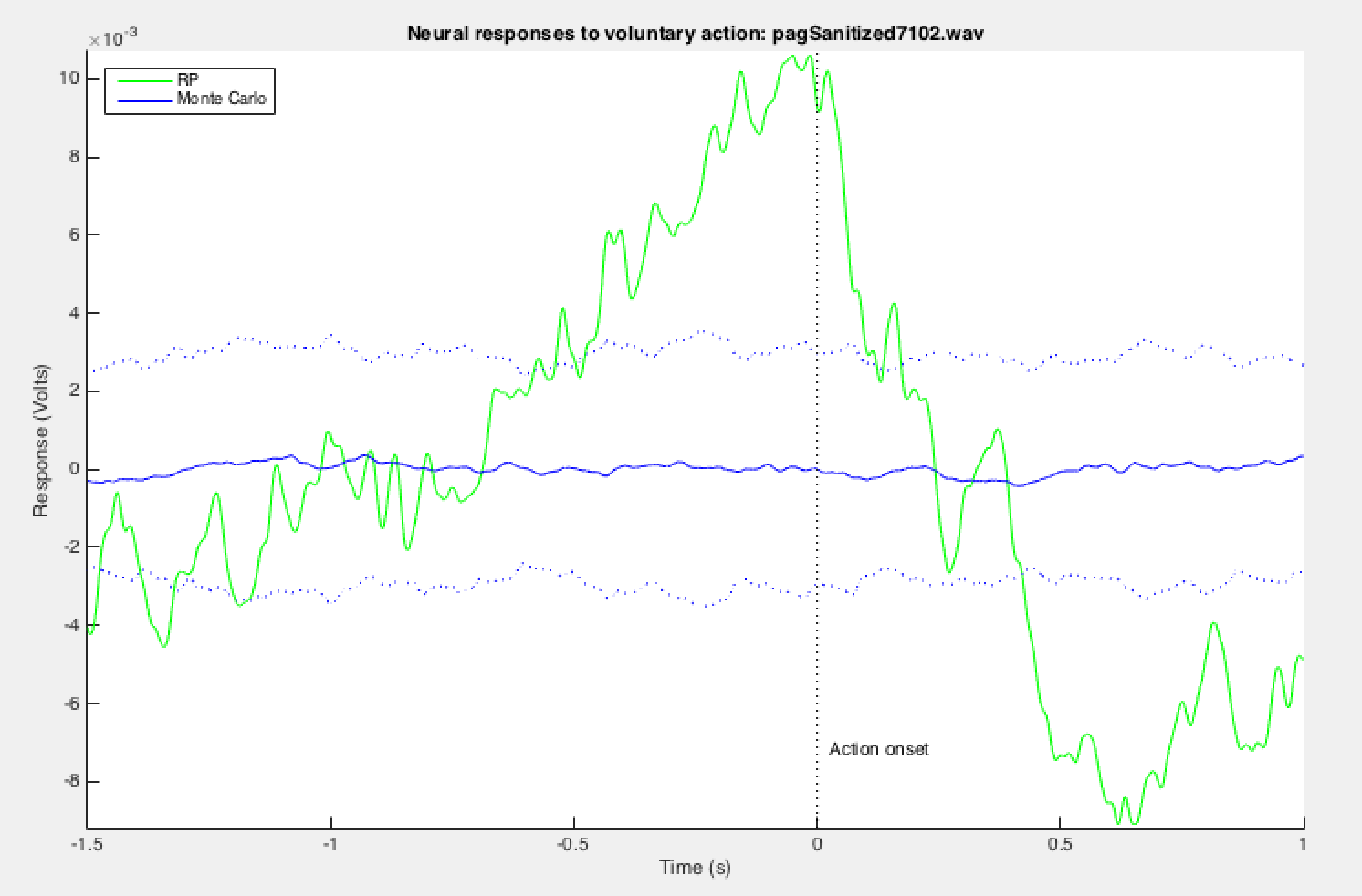
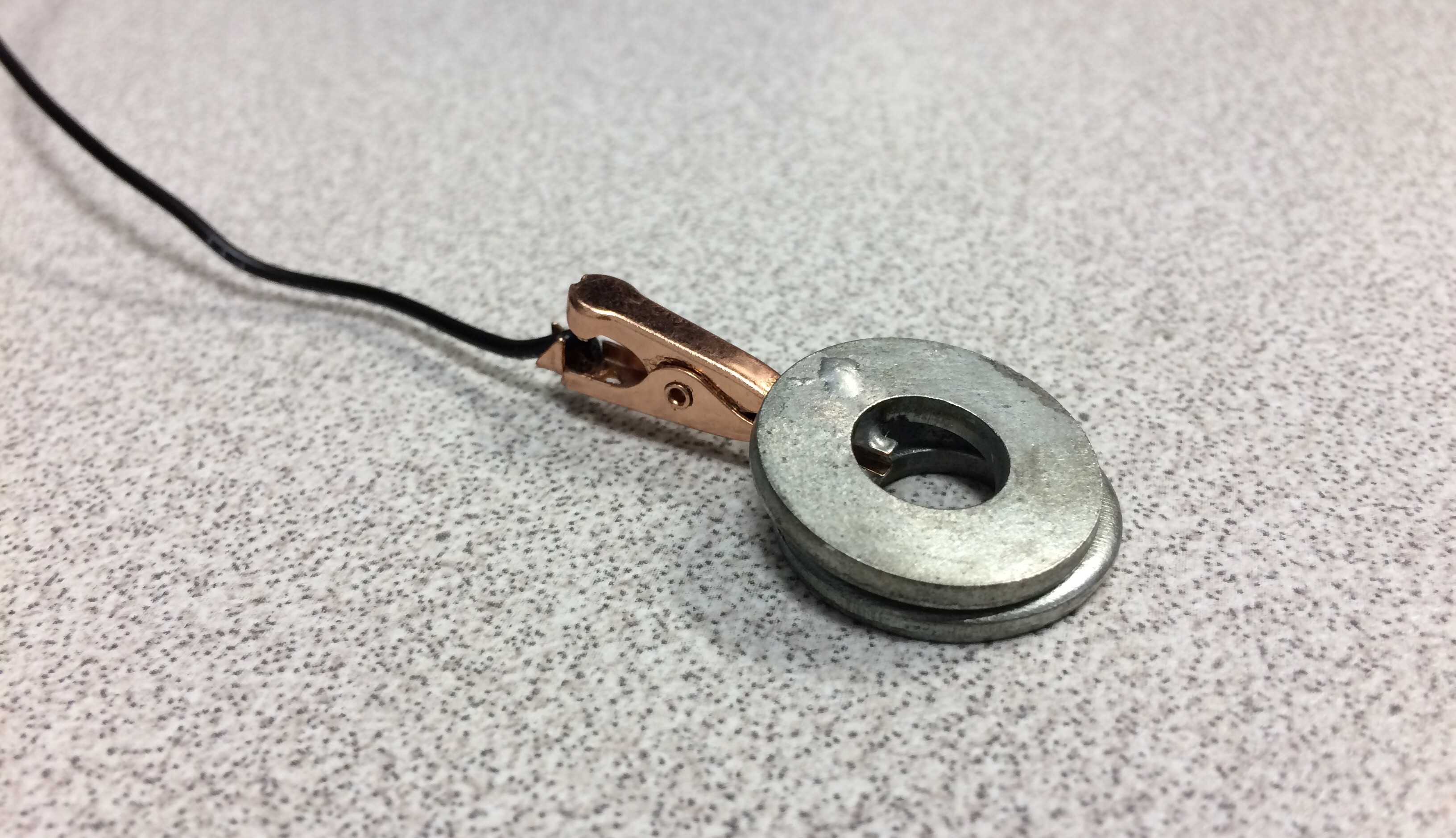

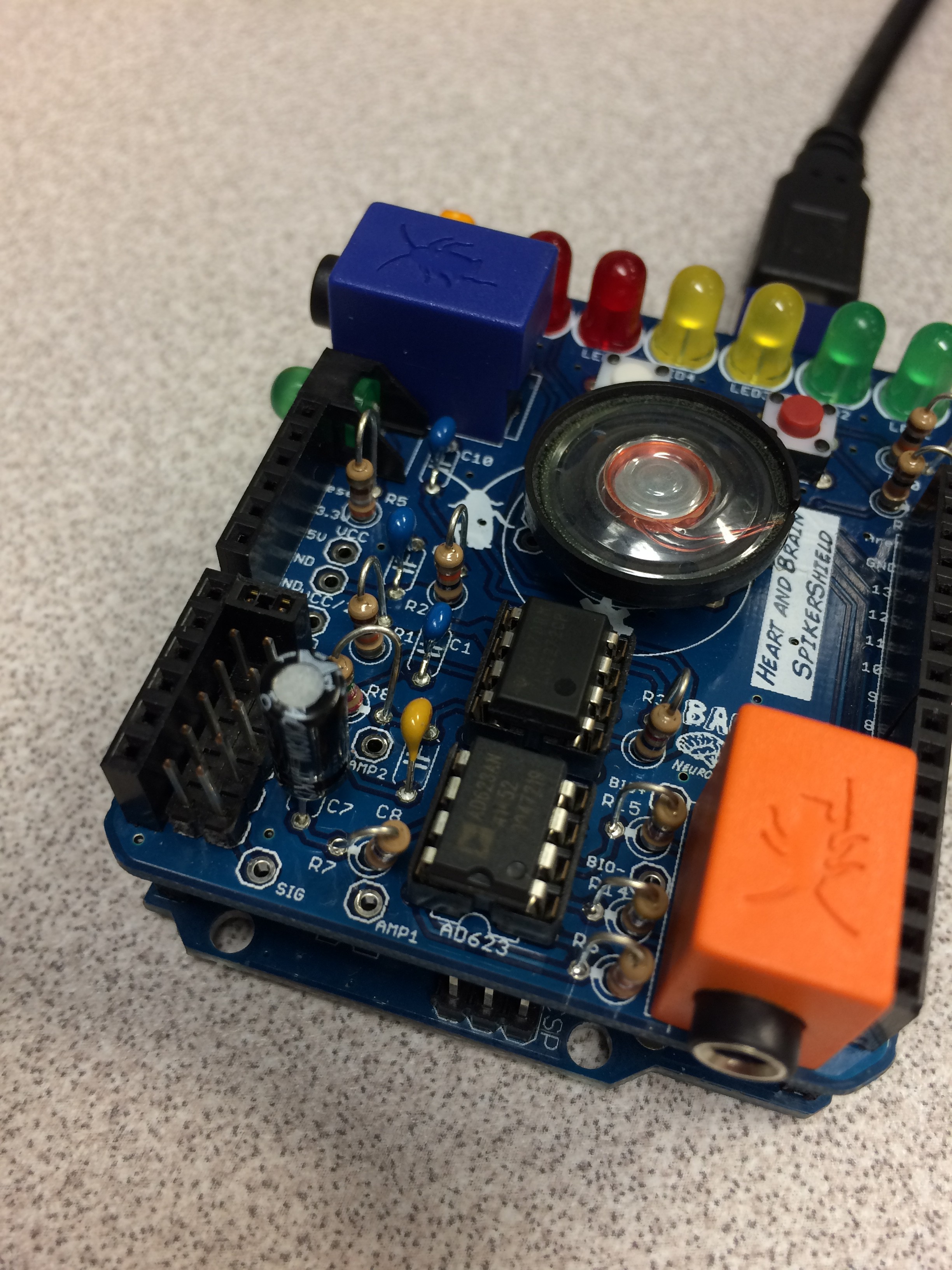
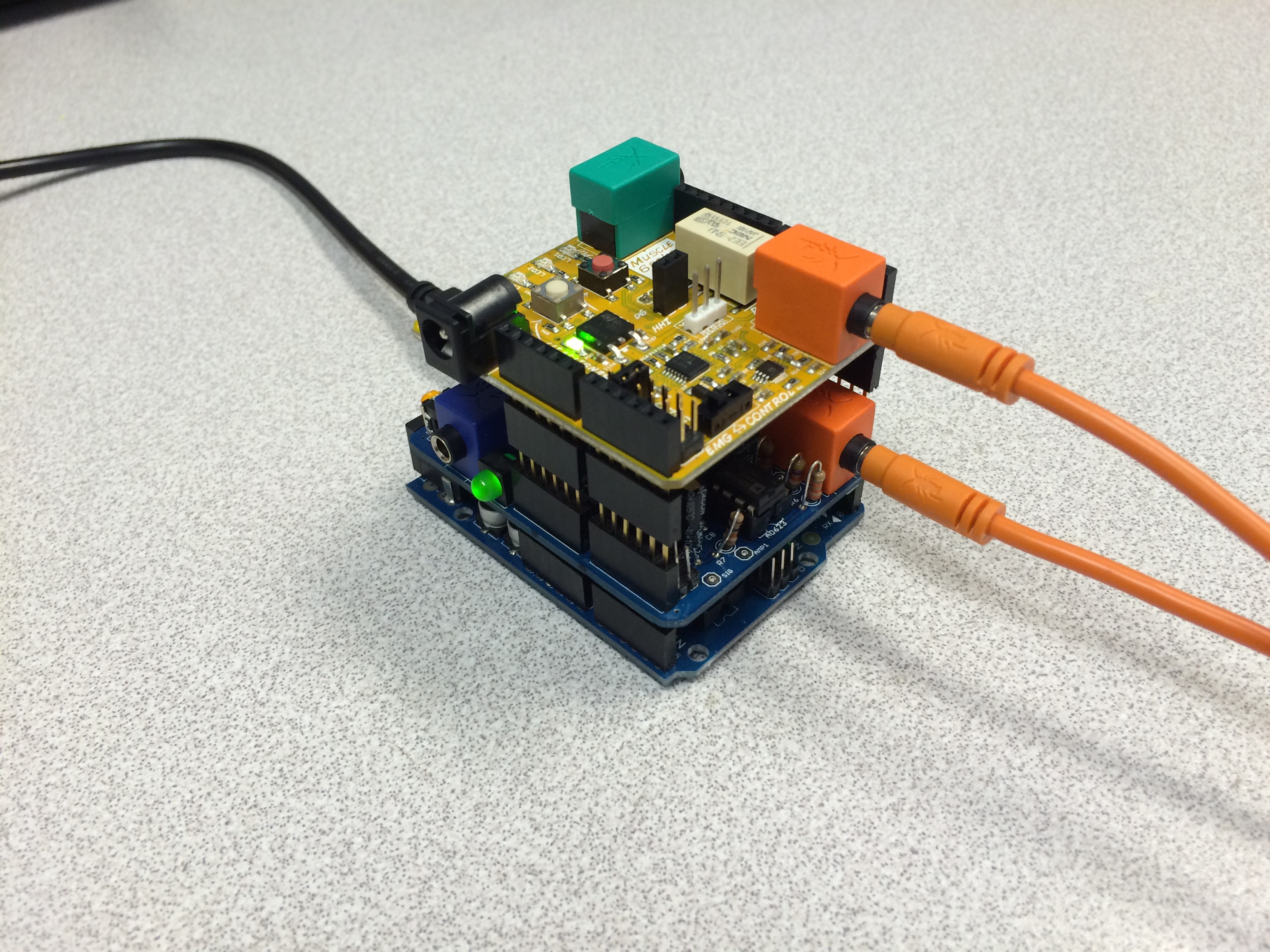
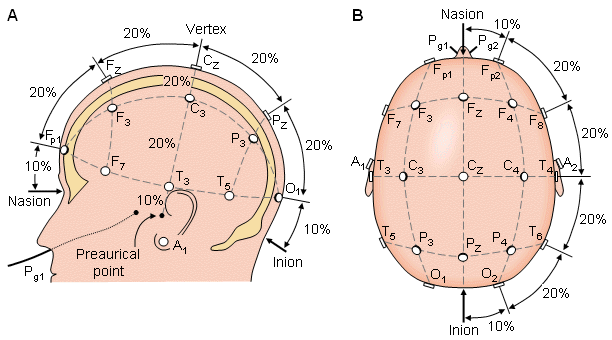
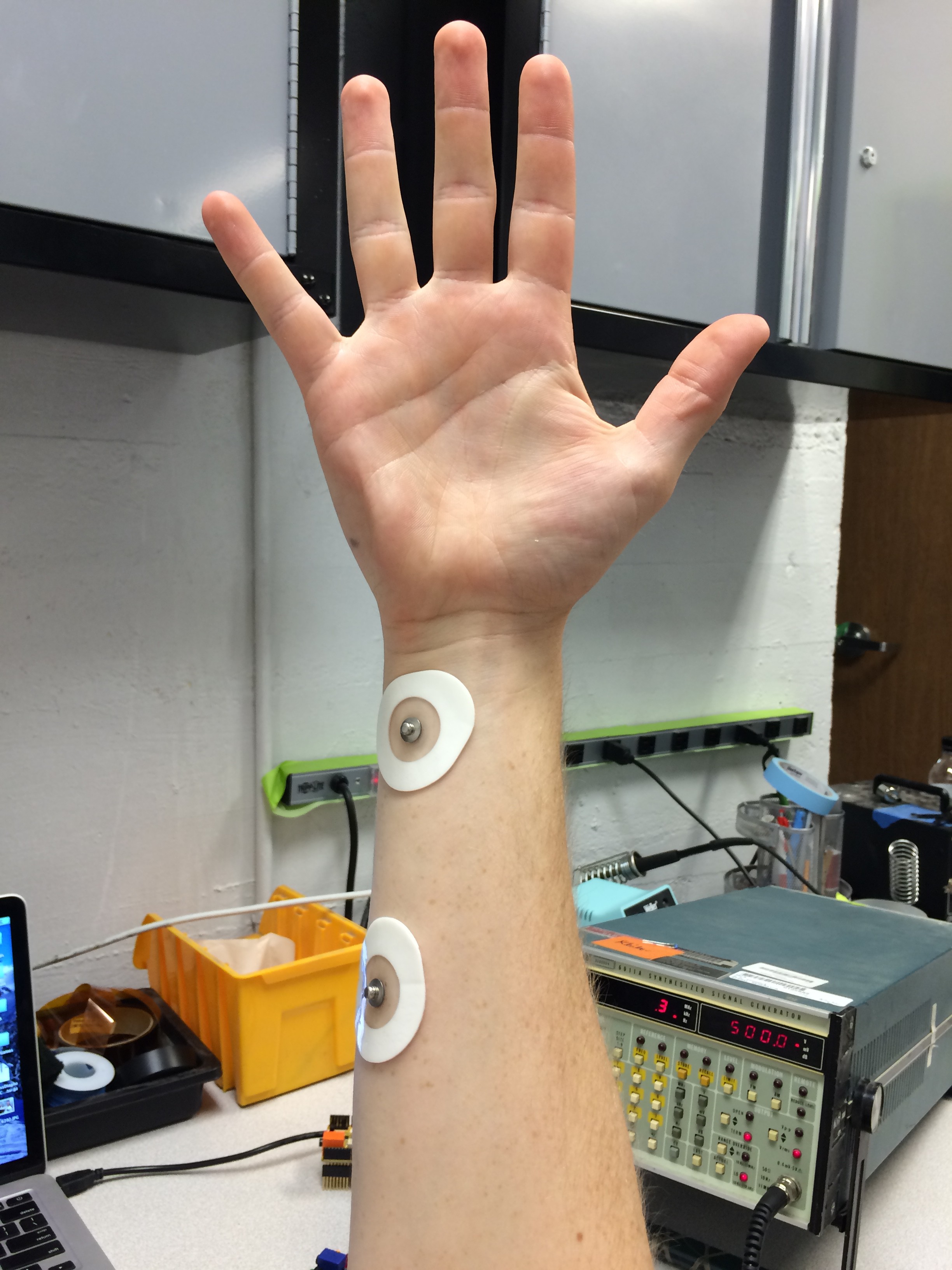



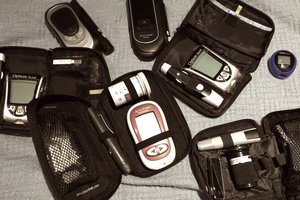
 Linus Dillon
Linus Dillon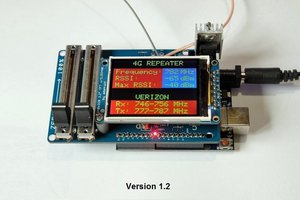
 Capt. Flatus O'Flaherty ☠
Capt. Flatus O'Flaherty ☠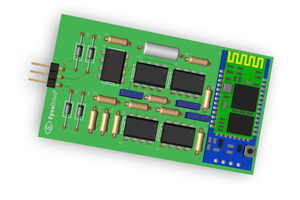
 Federico Runco
Federico Runco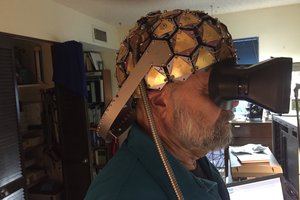
 Chuck Glasser
Chuck Glasser
The discussion about using an open-source platform to explore the 'readiness potential' is truly fascinating. It delves into the complex and age-old debate surrounding human free will and determinism. It's remarkable how technology and science continually push the boundaries of our understanding of the human mind.
Speaking of exploration, if you're intrigued by the idea of testing your own limits and pushing the boundaries of your entertainment experience, you might want to consider trying your luck at National Casino. Their wide selection of games and innovative features can add an exciting twist to your leisure time. Check it out at https://jetxcrashgames.com/casino/national-casino/ and see how it fits into your journey of discovery and exploration, both in the digital world and the realms of consciousness.